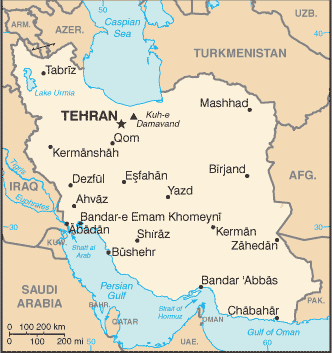The head of the U.S. Energy Information Administration on Thursday dismissed the idea that a “quick fix” could reduce U.S. gasoline prices, saying that rising demand and short supply resulting from sanctions on Iran’s oil sector are driving up prices.
 EIA Acting Administrator Howard Gruenspecht, speaking at a Senate hearing on gasoline prices, said many experts believe these trends will continue “and that’s really a combination that’s affecting the market.”
EIA Acting Administrator Howard Gruenspecht, speaking at a Senate hearing on gasoline prices, said many experts believe these trends will continue “and that’s really a combination that’s affecting the market.”
The idea that speculative traders are making oil more expensive is a “minority view” among experts, Horsnell said. “And I think it’s an incorrect view based on faulty analysis.”
Many have questions the legitimacy of the U.S.-led international sanctions regime on Iran. The oil market is the sector that drives the Iranian economy, and many ordinary Iranians are suffering from high unemployment and rampant inflation caused by the sanctions.
The sanctions have come at a great cost for many European countries who rely heavily on Iranian oil, but were pressured into agreeing to the sanctions by the Obama administration. That they are causing a rise in global prices is especially damning.
Furthermore, the sanctions are supposedly part of an effort to persuade Iran to change course on its nuclear program. But there is a consensus in the U.S., European, and Israeli intelligence communities that Iran has no nuclear weapons program and has found itself well within the confines of the Nuclear Non-Proliferation Treaty. The sanctions continue primarily for domestic political reasons and to pacify Israel.
Thursday’s hearing coincided with a failed effort in the Senate to eliminate billions of dollars of tax breaks for the largest oil and natural-gas companies. The measure failed in a 51 to 47 vote, which needed 60 votes to pass.


